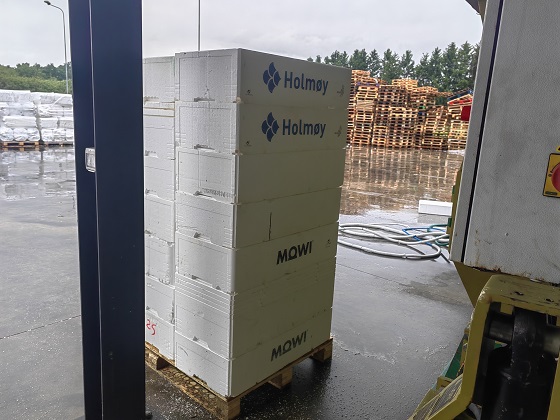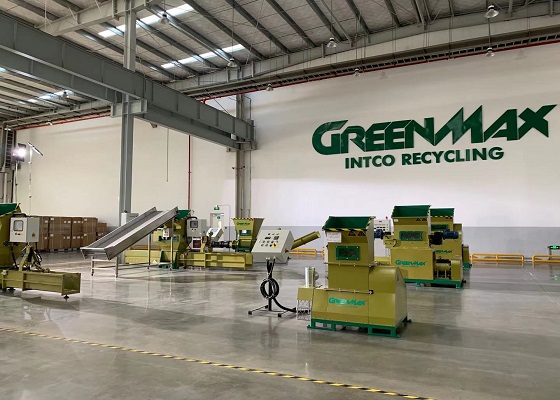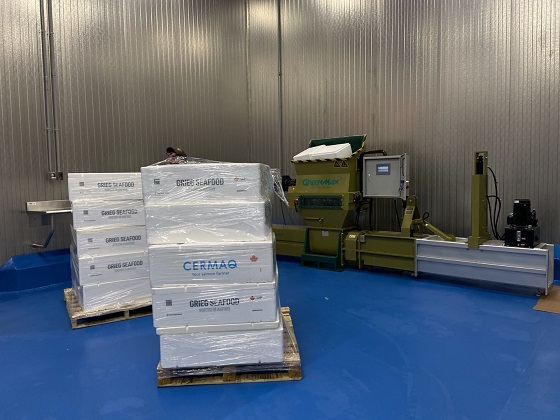Banning Vs Recycling EPS: What is the Proper Solution?
The Australia government started a action towards sustainability by revealing a phased plan to get rid of Expanded Polystyrene (EPS) packaging, especially focusing on single-use plastics. This plan intends to minimize environmental pollution and promote the fostering of sustainable materials. Nevertheless, the journey in the direction of this objective has encountered substantial challenges, primarily because of the lack of practical alternatives for particular uses EPS.

The Unique Benefits of EPS
Expanded Polystyrene is not simply another plastic material; its special properties make it indispensable in several important applications. For items evaluating over 45 kg and for accuracy packaging where the stability of the item is vital, EPS is the favored selection due to its remarkable shock absorption high qualities and strength-to-weight proportion. It can be molded into precise forms, providing unmatched protection during transportation, therefore reducing product damages. This double benefit of security and sustainability emphasizes why discovering an alternative has actually been so challenging.
The Delayed Ban and Its Implications
The intended ban on some EPS product packaging has actually been held off. The hold-up comes from the continuous struggle to determine an alternative material that matches EPS in price and effectiveness. This hold-up opens an important conversation on the requirement for innovative solutions within the recycling industry such as schemes routed towards producer responsibility as opposed to a complete ban.

Expanding EPS Recycling Efforts
Offered the difficulty in eliminating EPS, improving recycling processes seems the most pragmatic approach. EPS is 100% recyclable, which makes it a candidate for responsible use and lifecycle management. Efforts like GREENMAX have been essential in enhancing EPS recycling rates, with as much as 30% of EPS packaging currently being repurposed in Australia. This system involves the collection of clean EPS packaging to be recycled into sustainable building products, such as insulated panels, underfloor insulation, and under slab and slab edge insulation.
The Environmental and Economic Impact of Recycling EPS
The recycling of EPS not just supports environmental sustainability but also has economic advantages. By transforming utilized expanded polystyrene packaging right into insulation materials, we leverage its excellent thermal properties to enhance energy efficiency in buildings. This procedure minimizes the demand for home heating and cooling systems, causing lower energy consumption, and contributing to the general reduction of greenhouse gas exhausts.

Additionally, the assimilation of recycled expanded polystyrene into new items assists suppress the volume of waste sent out to landfills and decreases the environmental impact of the manufacturing procedures. This cyclical use materials aligns with worldwide sustainability goals and provides an opportunity for France to lead by instance in the recycling and management of plastic materials.
Embracing Product Stewardship through EPS Recycling
Item stewardship that includes extended producer responsibility processes will be a vital idea in sustainable production and waste management, advocating for the responsibility of an item's influence to be shared amongst all stakeholders, consisting of producers, retailers, customers, and recyclers. According to Planet Ark, item stewardship "assists share this responsibility throughout the lifecycle of an item to reduce its environmental impact. This method makes sure that every person associated with the lifecycle of an item contributes to its environmental sustainability.
GREENMAX's EPS recycling initiative exemplifies product stewardship in action. By helping with the recycling of EPS into new, sustainable building materials, the program properly extends the lifecycle of EPS items and minimizes their overall environmental impact. This initiative not only sustains the reduction of waste and conservation of sources but also motivates manufacturers and consumers to engage in more responsible production and intake patterns. Via such methods, GREENMAX highlights how item stewardship can cause cutting-edge and sensible remedies in taking care of materials commonly deemed tough to reuse. This aggressive strategy underlines the value of cumulative obligation and the substantial advantages that can emerge from it, making it a design for environmental stewardship in the plastic industry.

Call to Action
As Australia navigates the complexities of environmental policies and sustainability challenges, it becomes progressively vital for individuals and businesses to support recycling efforts. By participating in programs like GREENMAX, communities can play a straight duty in reducing the environmental impact of EPS. It is not only regarding adhering to regulations but also regarding fostering a culture of responsibility and innovation in the handling of recyclable materials.
The course ahead includes a balanced method that thinks about the unique advantages of EPS and increases its lifecycle through effective recycling strategies. This method will certainly make certain that while we move towards a more sustainable future, we additionally retain the benefits that this functional product needs to supply.
To find out more on how you can add to the expanded polystyrene foam recycling efforts and help make a difference, please contact us. With each other, we can develop a sustainable future, one item of recycled EPS at a time.
